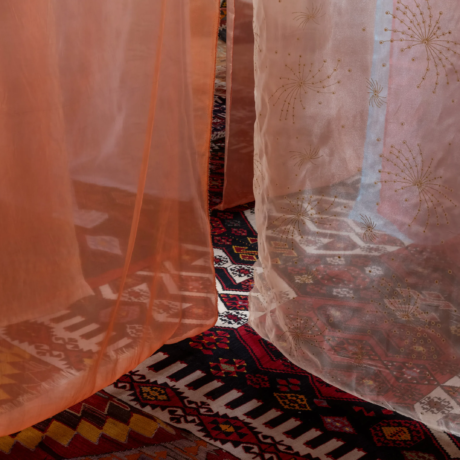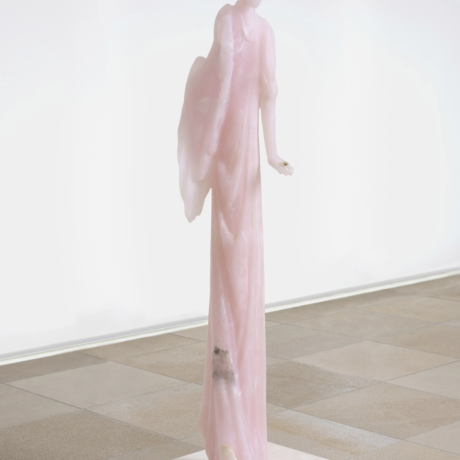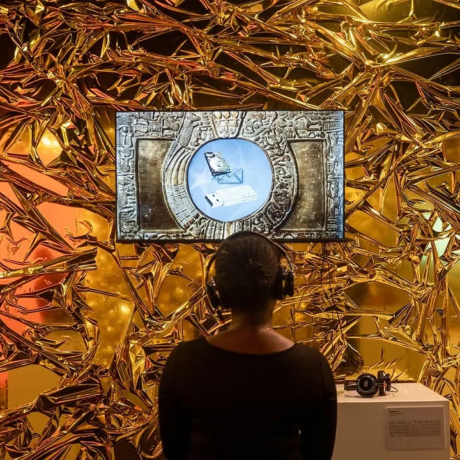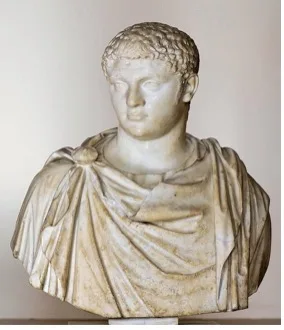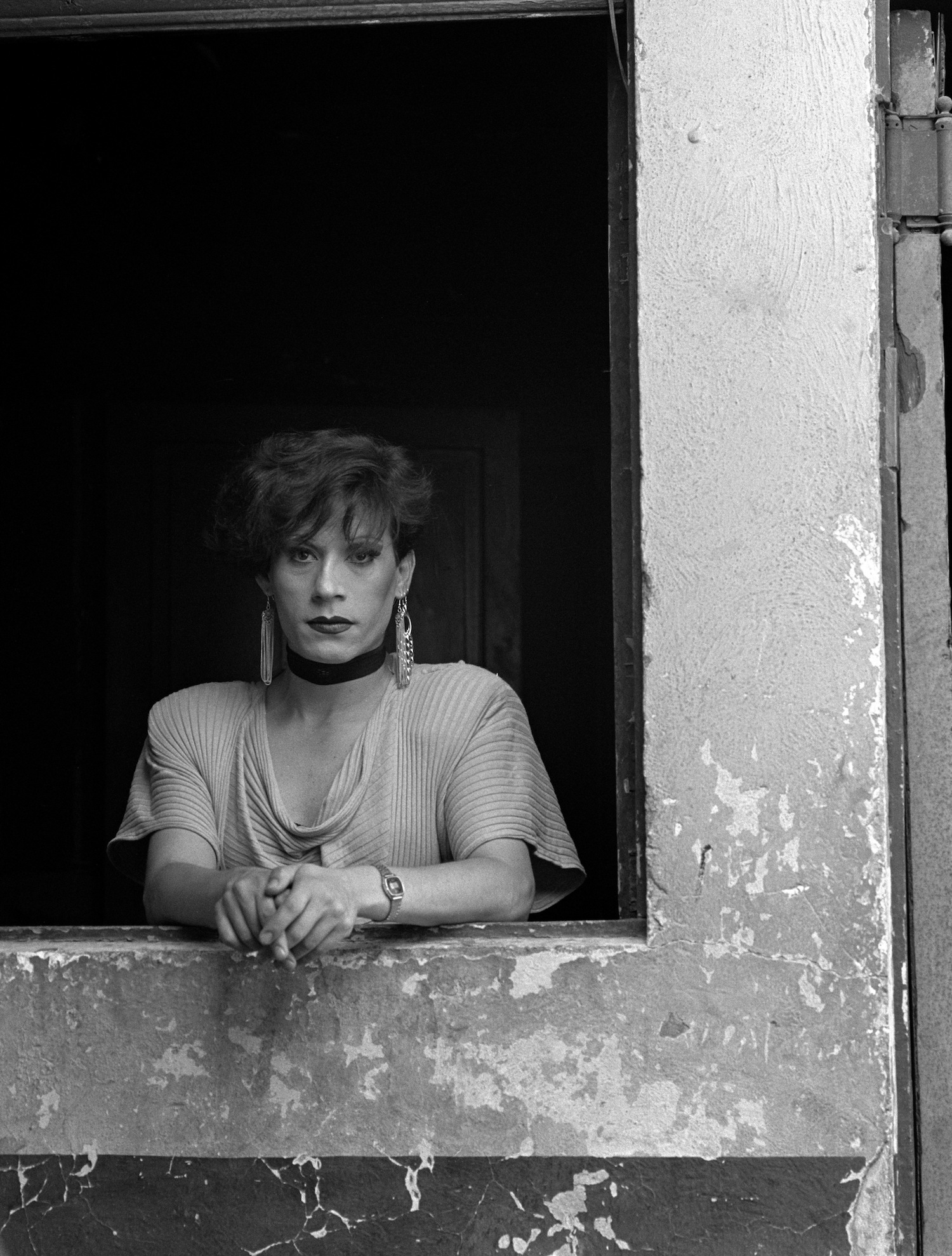
Since the 1980s, Paz Errázuriz has been invested in documenting disenfranchised groups, politically targeted individuals, or those living on the fringes of Chilean society. Her work is both empathetic and inclusive, working collaboratively with her subjects to construct empowering, authentic representations. Formerly working as a primary school teacher, her artistic coming of age coincided with the brutal military dictatorship of General Augusto Pinochet. “For me, it was a form of activism,” she remarked in 2003, “Photography let me participate in my own way in the resistance waged by those of us who remained in Chile. It was our means of showing that we were there and fighting back.”
Errázuriz’s remarkable series, ‘La Manzana de Adan (Adam’s Apple)’ (1982-87), features in the Barbican Art Gallery’s current exhibition Another Kind of Life, a key example of how photography can be used to shape the discourse surrounding marginalised or alternative communities. Between 1982 and 1987, Errázuriz documented the lives of a group of male-to-female cross dressers, some of whom also worked as prostitutes, in the brothels of La Jaula and La Palmera, situated in the towns of Talca and Santiago respectively. Created in collaboration with the journalist Claudio Donoso, the series focused on the life of two brothers, Pilar and Evelyn, and their mother, Mercedes. The images, in both colour and black and white, portray the protagonists as they go about their daily lives, preparing for the night’s work or resting in their domestic space. Their eyes often directly meet the camera. After suffering in silence and secrecy for so long, the family welcomed the opportunity to be seen, to speak about their stories and represent their existence in an act of resistance and defiance.
Homosexuality and gender non-conformance was brutally condemned during Pinochet’s regime. Any expression of opposition to the status quo was either censored or violently suppressed, and individuals were subjected to curfews, segregation, political persecution, police brutality and torture. Working together for nearly a decade, there is a visceral sense of trust and intimacy; Errázuriz and Donaso functioned as a friend, witness, editor and narrator. They even lived in the brothel with them for stretches of time. Errázuriz explained in an interview in 2017, “I guess my point of view has been an anthropological one. I do not comment on their lives, I wanted to be more of an accomplice than a foreigner or an outsider.”
Due to the regime’s censorship of journalists and photographers and the threat of constant surveillance, everyone was united in a shared, precarious and furtive existence. Errázuriz and Donaso didn’t publish their work in the form of a book until 1990 – after Pinochet stepped down. As Lucy Davies writes in the Barbican catalogue, Errázuriz has since “returned over and again to the lives of those who find themselves on life’s margins…to nomad minorities and circus performers, as well as the elderly and those confined to psychiatric wards – groups who seem to lack a voice everywhere, dictatorship or not.”
